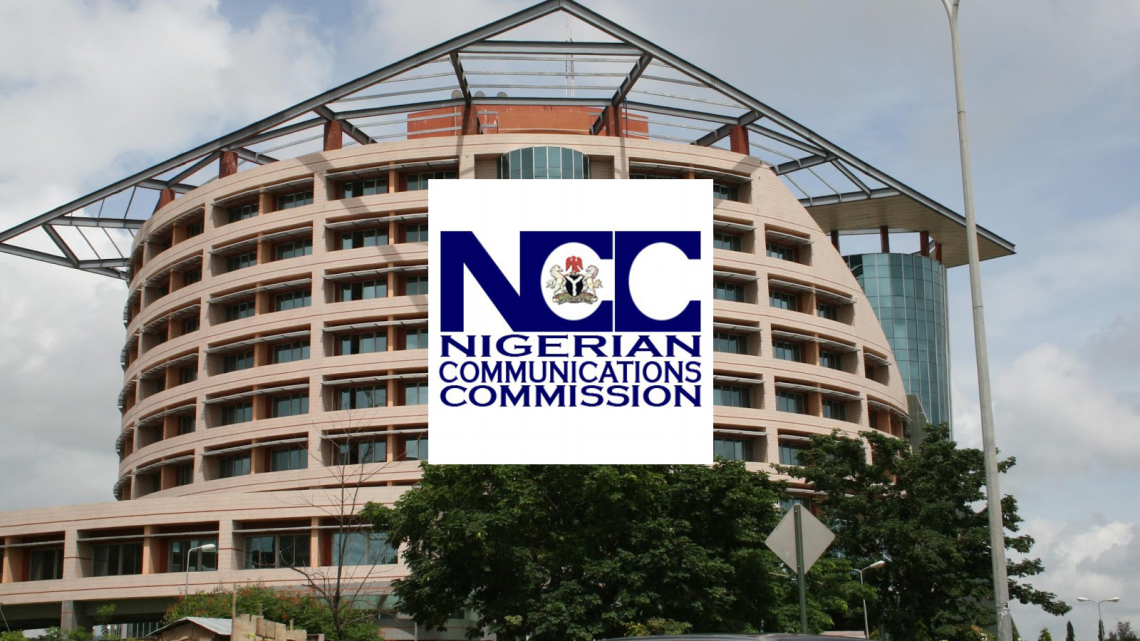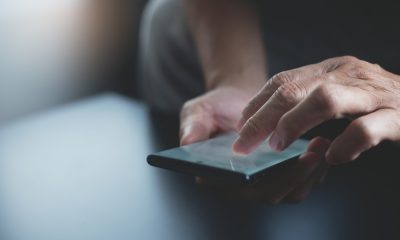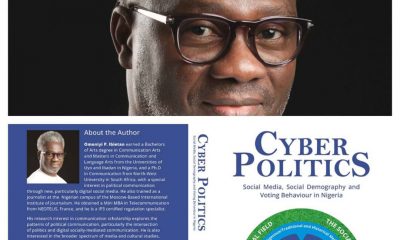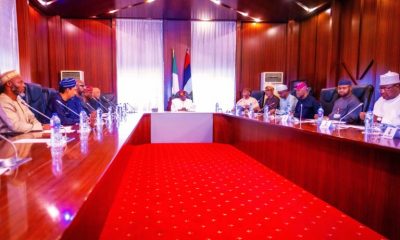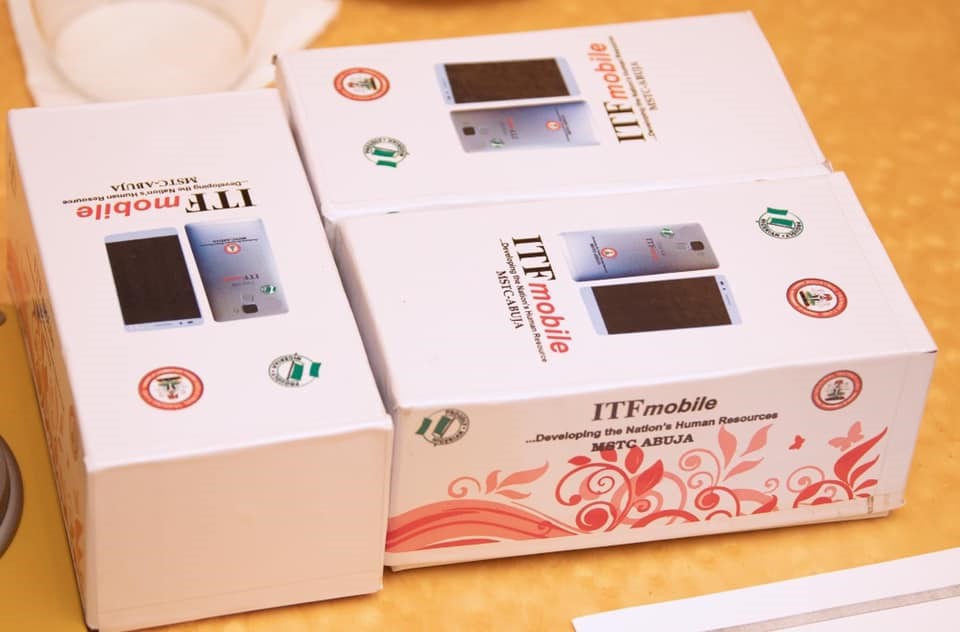The Nigerian Communications Commission (NCC), on Tuesday has the debunked the warning credited to it on the connections between fake phones and cancer.
In a statement released Tuesday, the agency said it never issued any statement or made any presentation relating to that, adding there is no scientific basis to make such declaration.
“To put the records straight, last week the Commission in its tradition of consistent engagement with all its stakeholders irrespective of location, organized a stakeholder forum in Ado Ekiti on type approval processes, with a focus on mobile devices,” the statement said.
But its clarification and references still subtly hinted that the GSM technology and phone types have inherent health hazards science is still battling to establish.
An official of the commission, Kunle Olorundare, initially gave the warning at a stakeholders’ workshop organised by the Ibadan Zonal office of NCC at the popular Fayose GSM Market in Ado Ekiti.
Olorundare was said to have lamented that fake phones had taken over the country’s phone market, adding that they have had negative implications on the health of users.
But the NCC on Tuesday tried to set the record straight.
“At the event, the Commission’s representative told the participants to ensure that the devices they sell and use are type approved – certified by the NCC in compliance with the regulations and guidelines of the Commission,” the agency later said.
“Accordingly, the Commission hereby reiterates that many studies have been conducted on the effects of non-ionizing radiation and there is no conclusive evidence that non-ionizing radiation increases the risk of cancer.
Ot also directed the general public to visit www.icnirp.org; www.cancer.co.uk where studies, writings and other scholarly works related to the matter were published. NCC, in its statement, also referred to reports by the World Health Organisation, WHO, and the International Commission on Non-Ionizing Radiation Protection (ICNIRP) dismissing the claim.
“Finally, there is a parameter called Specific Absorption Rate (SAR) which has a threshold below which it is safe to use a phone, and all phones approved by the Commission have SAR below the threshold mark which make those phones safe for use,” it said.

 Comments and Issues2 days ago
Comments and Issues2 days ago
 Business6 days ago
Business6 days ago
 Business1 week ago
Business1 week ago
 Business1 week ago
Business1 week ago
 Business5 days ago
Business5 days ago
 Education7 days ago
Education7 days ago
 News6 days ago
News6 days ago
 Comments and Issues5 days ago
Comments and Issues5 days ago
